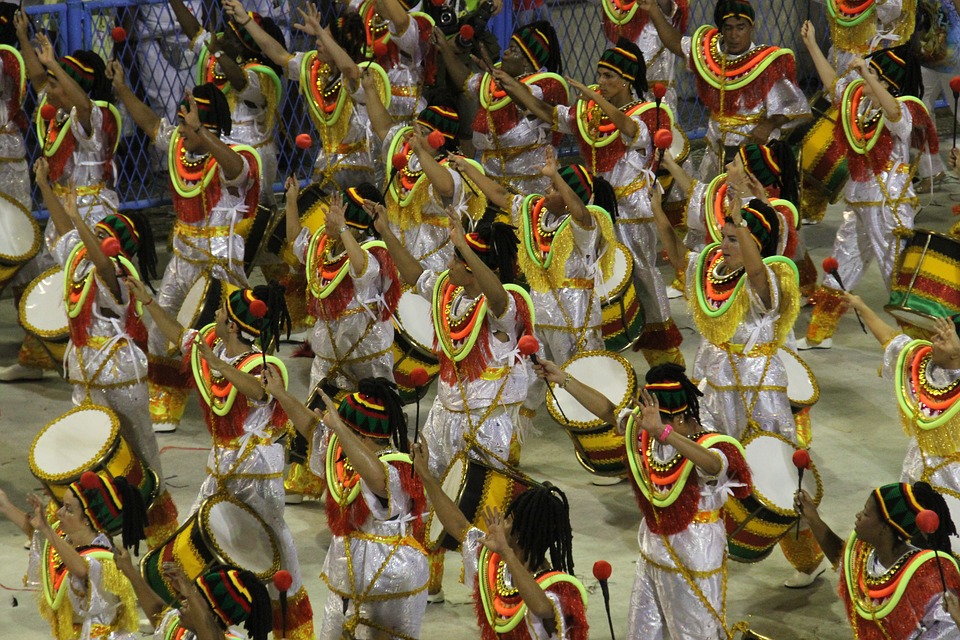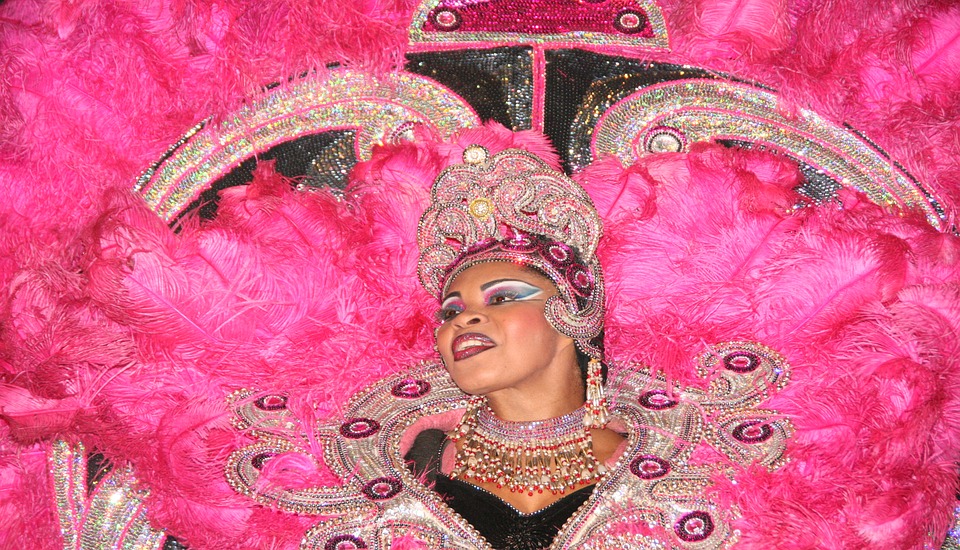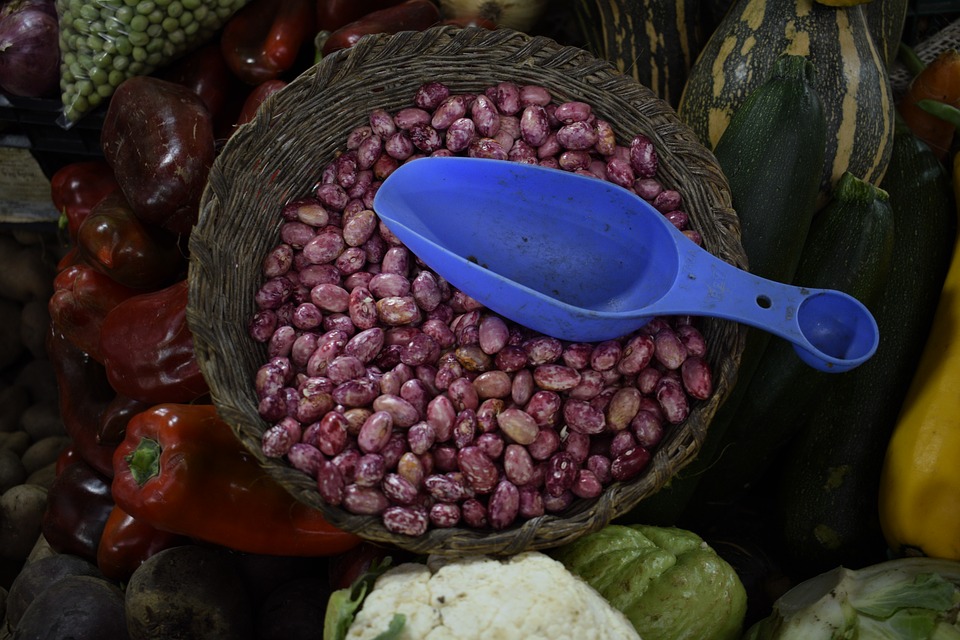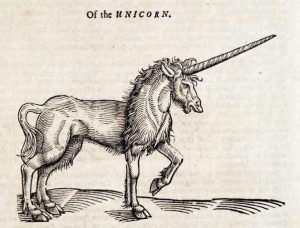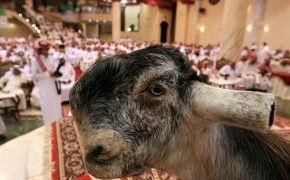How Brazilian Culture Has Been Shaped by Africa
Brazil, the largest country in South America and the 4th largest democracy in the world, is a melting pot in the truest of senses.
The giant country boasts one of the most genetically and culturally diverse populations on Earth; Brazil is a complex kaleidoscope of music, art, cuisine, and fashion.
The culture of contemporary Brazil is known the world over, from samba dancing to carnival, caipirinhas and speedos. What may be less well-known is the extent to which this culture has been shaped by Brazil’s enormous African community.
The first Africans came to Brazil the same way that many came to the New World, through slavery, where millions were transported to work the sugar fields and diamond mines.
Since those dark days, Brazil’s African population is a culturally dominant, politically active, and highly influential part of the country, with much of popular Brazilian culture originating with them. Here’s how Brazilian culture has been shaped by Africans.
Samba: The Sound of Brazil
Source: Pixabay
If there’s any musical genre that can be instantly associated with Brazil, it’s samba. This upbeat and festive musical style rings out from every bar, favela, nightclub, and shopping mall in the country, and is enjoyed by people the world over.
The word “samba” comes from the Bantu word semba, which means “a touch of the bellies”, and originated within Bahia’s African community, before exploding in popularity on the Rio dance scene some years later.
Today, the cultural legacy of samba around the globe is immense, with countless books, films, TV shows, and even casino games dedicated to it. To get a true sense of the impact of samba, you can even go to online casinos like Paddy Power, to play their “Samba Brazil” slot machine right here: https://casino.paddypower.com/c/slots. Have a boogie while you’re at it.
Carnival: The Biggest Party on Earth
Source: Pixabay
The Brazilian Carnival is probably the biggest party in the world. It’s a Christian celebration which marks the beginning of Lent, but that doesn’t stop it from being one of the rowdiest and craziest nights of the year.
The sights of the colorful parades and lengthy street parties will be familiar to everyone in the world, but what might be less familiar is the fact that this is an entirely African tradition.
The costumes are mostly borrowed from African dress, while the stories told in the dance routines are most frequently tales of African folklore. The very tradition of the party is African, as it was started by a troupe of Afro-Brazilian dancers in late 18th-century Rio.
You can read more about the fascinating origins of Carnival here: http://ayibamagazine.com/african-roots-carnival/
The Food of Brazil
Source: Pixabay
The food legacy of Brazil is far too rich to go into full detail here, but suffice it to say that most of the country’s most well-known (and delicious) dishes are heavily influenced by African cuisine.
Brazil’s national dish, Feijoada, a stew made from beans and pork trimmings, is a product of the first African peoples to be brought to the country. Get the recipe here: https://www.myrecipes.com/recipe/brazilian-feijoada.
Similarly, Acaraje, which is deep-fried black-eyed peas, originated in West Africa, before becoming popular in Brazil.
That Brazil owes so much of its culture to the various African communities is no surprise, and should be seen as a testament to a country which revels and celebrates its incredibly rich diversity.

